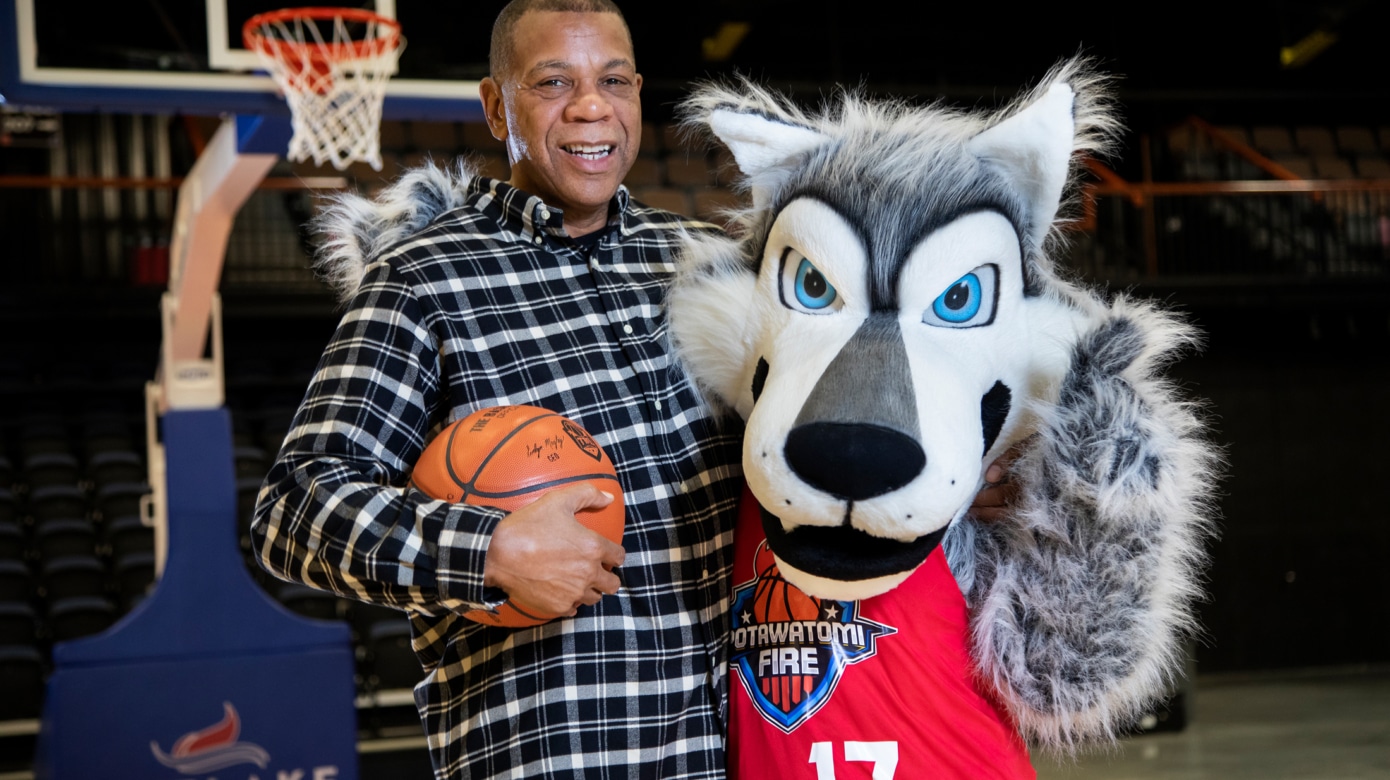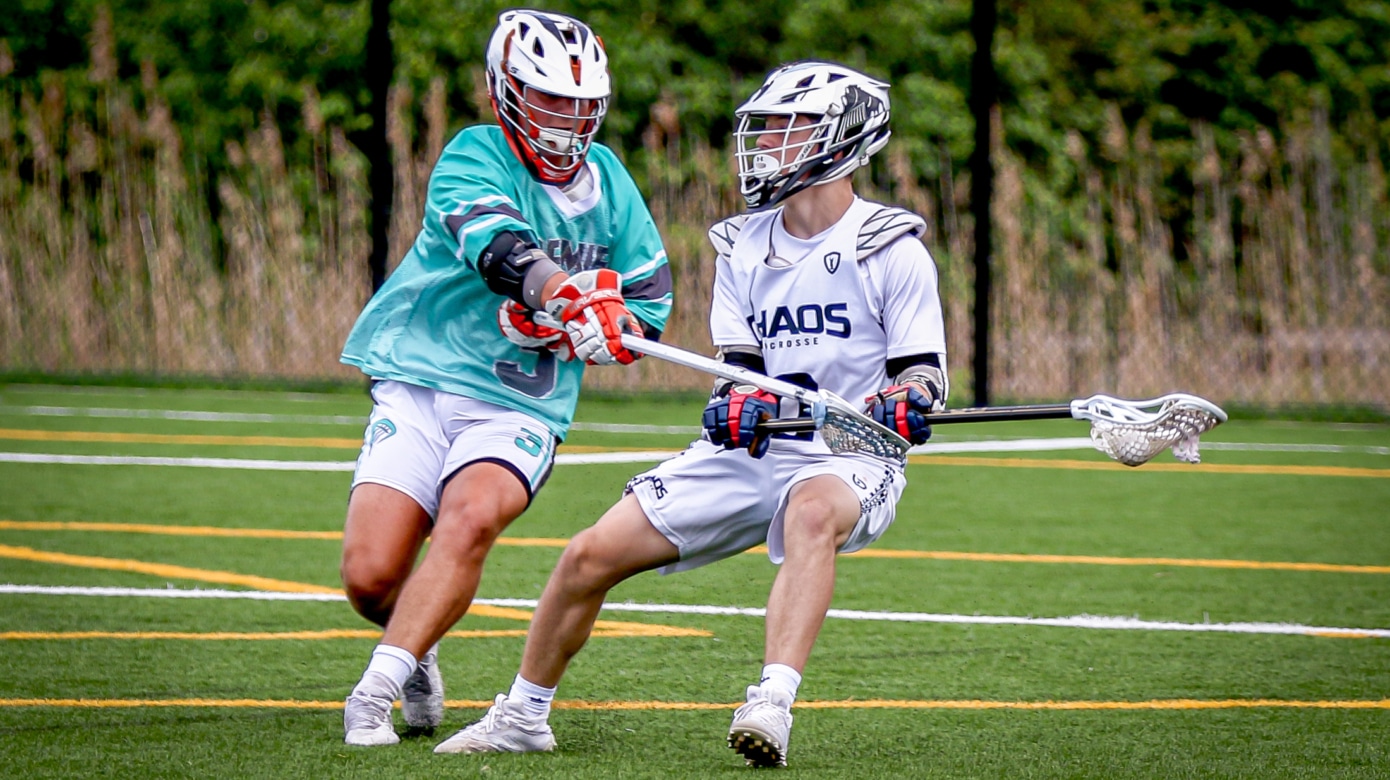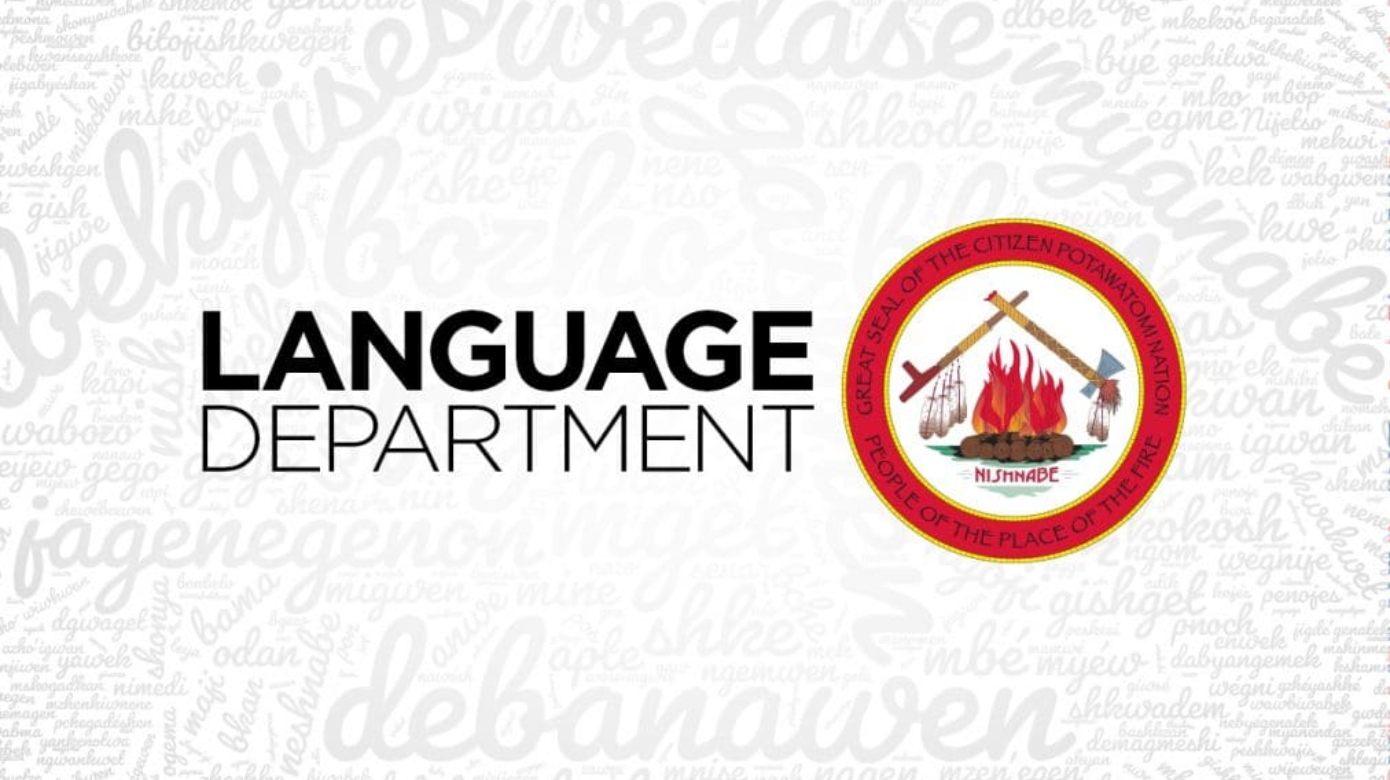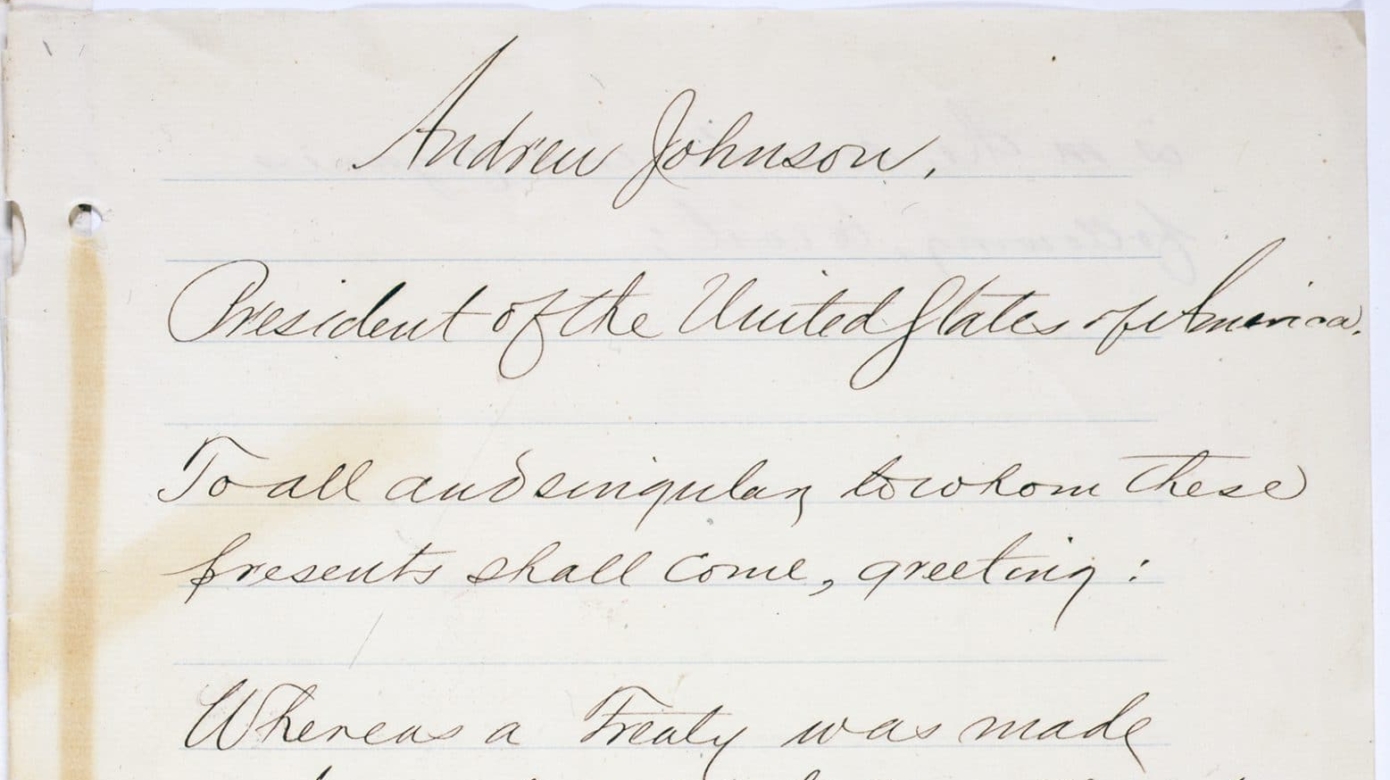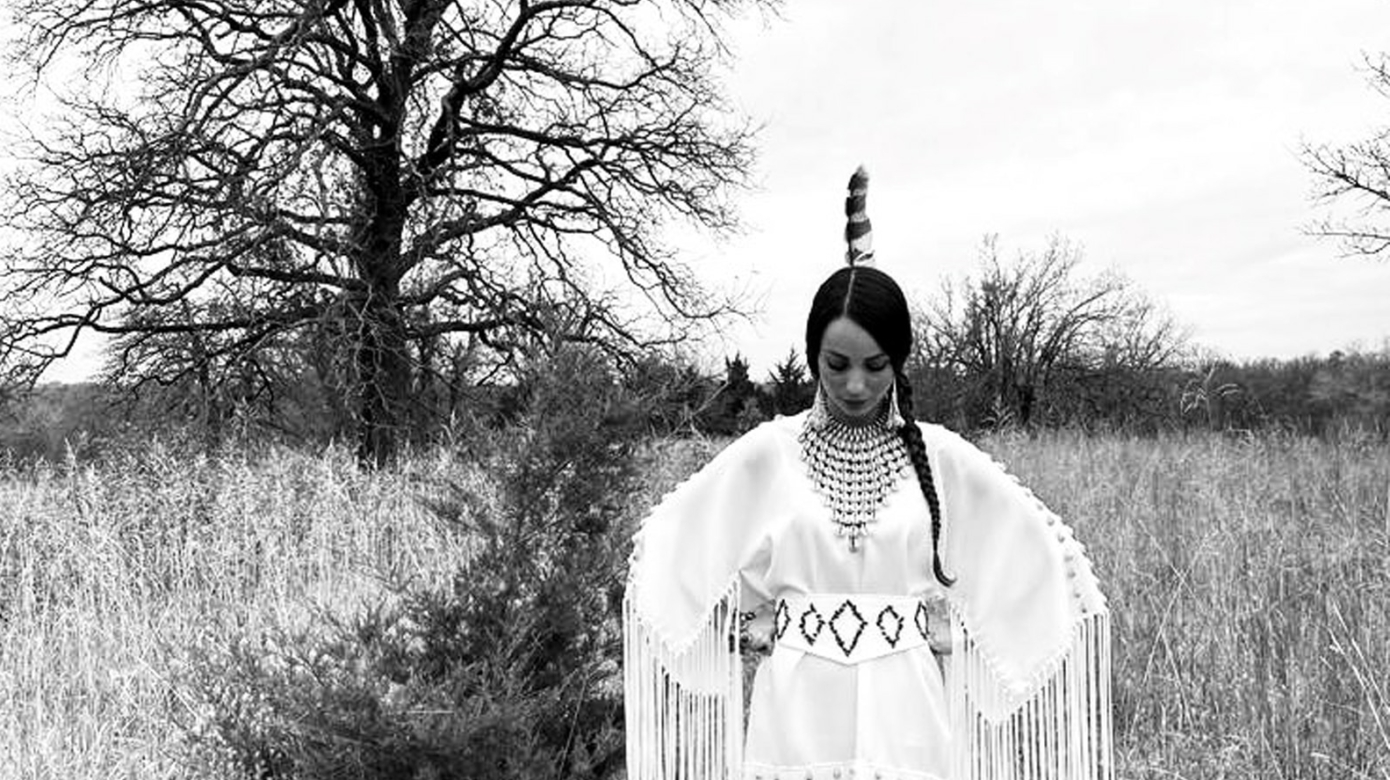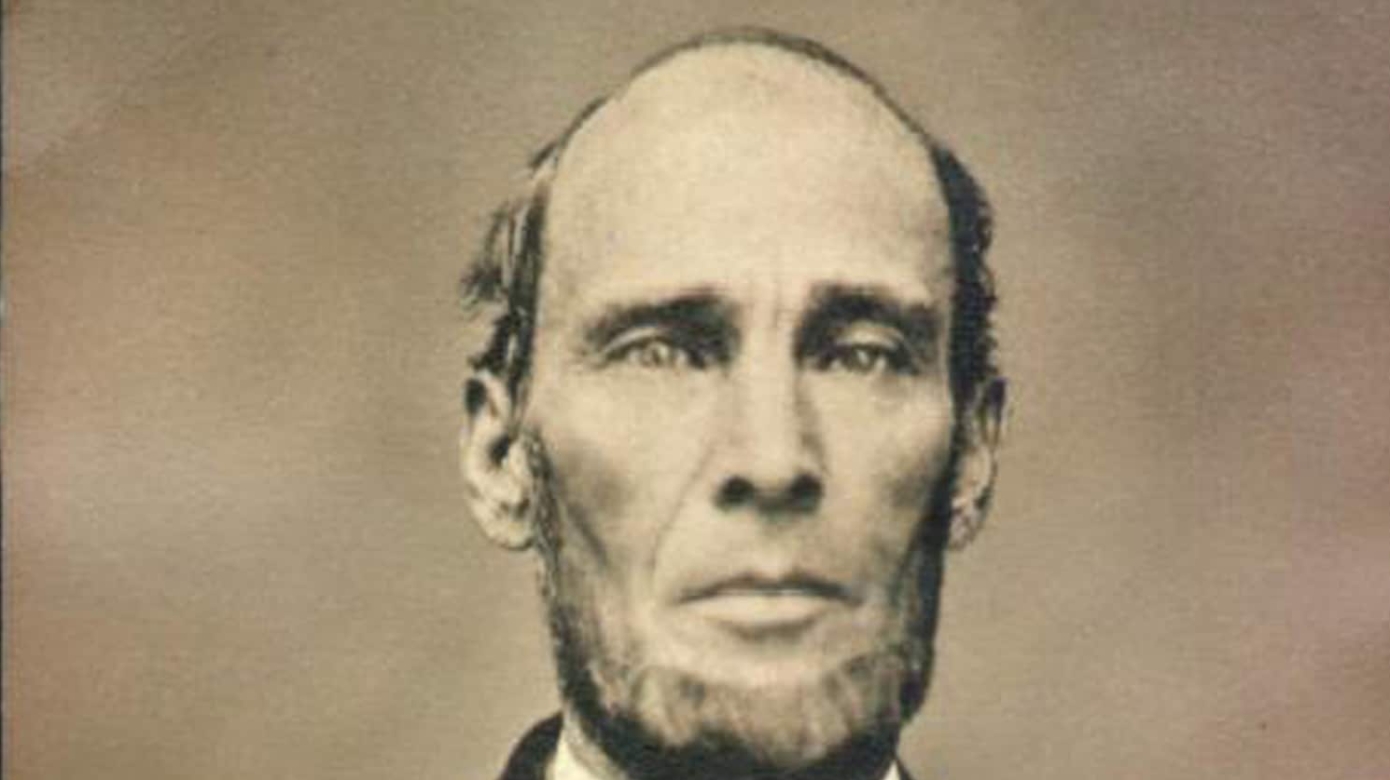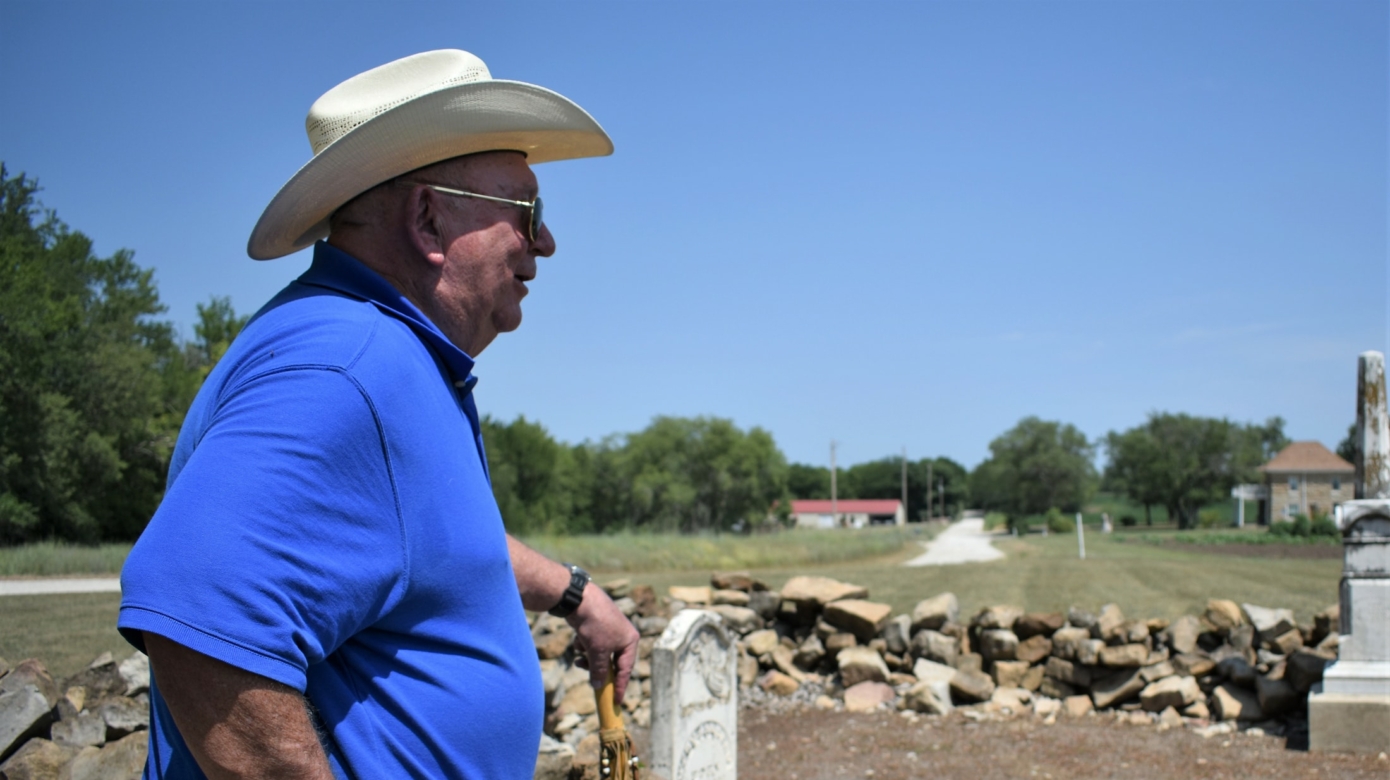In September 2021, CPN introduced him as the head coach of one of TBL’s newest expansion teams, the Potawatomi Fire: Derrick Rowland, who most recently coached TBL’s Albany (New York) Patroons. Along with helping the next generation of players develop both personally and professionally, Rowland is excited about the chance to represent something even bigger: pride in Indigenous identity. The Fire are the first professional sports team to be owned by a tribal nation in Oklahoma.
In November, the Warrior Diamond National Showcase All-Star team selected Citizen Potawatomi Nation member Chase Peltier to participate in a weekend-long lacrosse tournament in Baltimore, Maryland, to exhibit his skills for college recruiters from across the country. The 16-year-old Peltier descendant recently spoke with the Hownikan about his experience with the game and time in Baltimore.
CPN Behavioral Health will build a new clinical building thanks to a grant from the U.S. Indian Health Service. The current clinic is 4,300 square feet with care provided by eight professional staff, including one psychiatrist, three psychologists and five counselors. The new building is expected to house more providers, therapy rooms, a larger space for group therapy and a planned observation deck.
CPN Language Department Director Justin Neely gives a language update for February 2022 which discusses course work at Shawnee Middle School and teaching at the CPN Child development center.
After moving to New York City in 2017, professional photographer and artist Bo Apitz achieved a milestone. A shop in Manhattan displayed his work in October 2021, a first for Apitz. He used several photos of Citizen Potawatomi Nation tribal members he took while he was a CPN employee between 2014 and 2017. The series featured lenticular prints, which use two photos to create an illusion of depth and flip between pictures as the viewer’s angle changes. Apitz’s subjects seem to dance or blink.
February 2022 is the 155th anniversary of the Treaty of 1867, the last of several treaties that the Citizen Potawatomi signed with the U.S. federal government. This treaty was the final push for the first Citizen Potawatomi families to move from Kansas to Indian Territory. The U.S. Government officially ended treaty negotiations with Native American tribes in 1871.
During this episode, we visit with an author about her new book that tells stories from a Tribal elder’s childhood, a domestic violence prevention specialist about National Stalking Awareness Month and a historian about the 155th anniversary of the last treaty CPN signed with the federal government.
Kristen Arambula Hernandez, a birth doula and Indigenous breastfeeding counselor in Norman, Oklahoma, emphasizes the importance of reclaiming Tribal knowledge and tradition surrounding birth, breastfeeding and raising children.
The Hownikan features history of the Higbee family as a part of a series highlighting archival holdings on founding families.
The once-bustling Potawatomi reservation settlement of Uniontown in present-day Kansas is today a small cemetery. The Citizen Potawatomi Nation and Prairie Band Potawatomi Nation have rich histories tied to the area that was the center of the tribes’ universe in the mid-19th century. Stories passed down for generations about the community located along the Oregon Trail inspired recent geological research from experts in the state.

